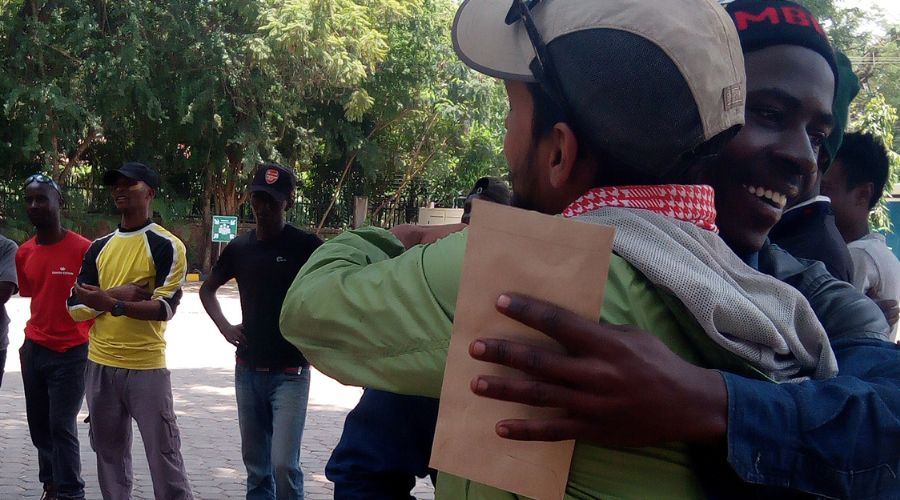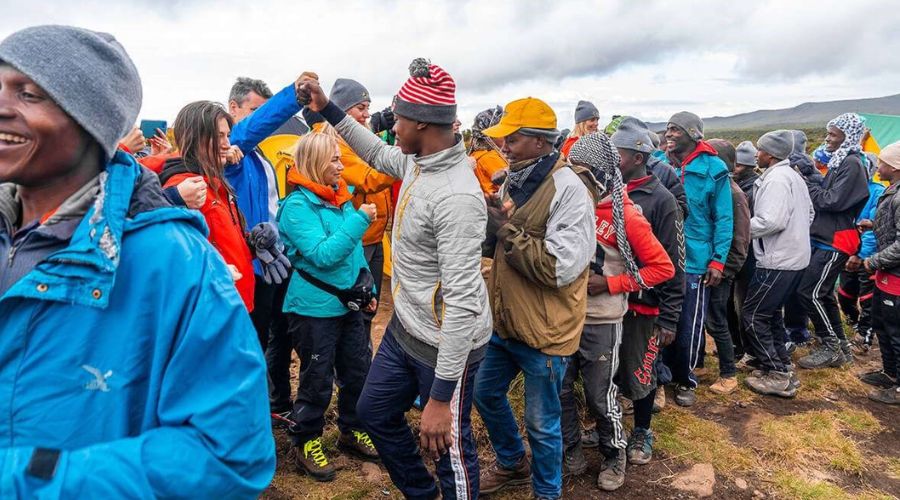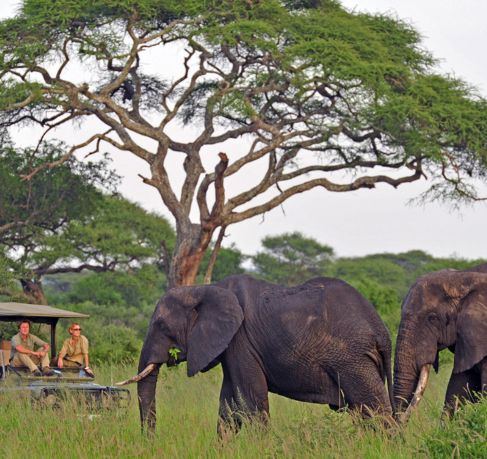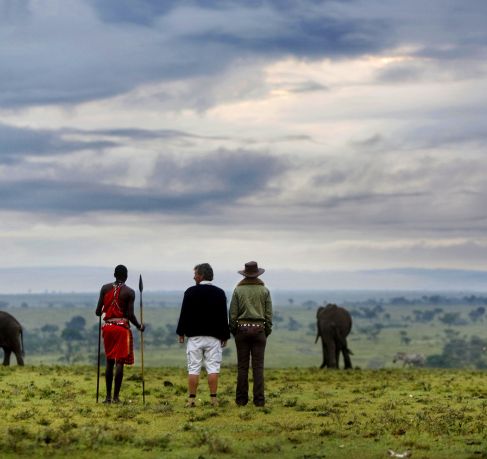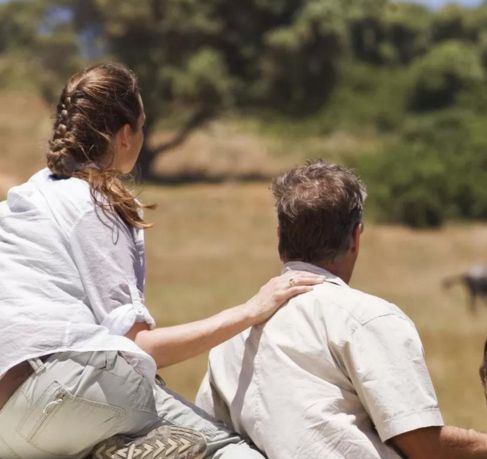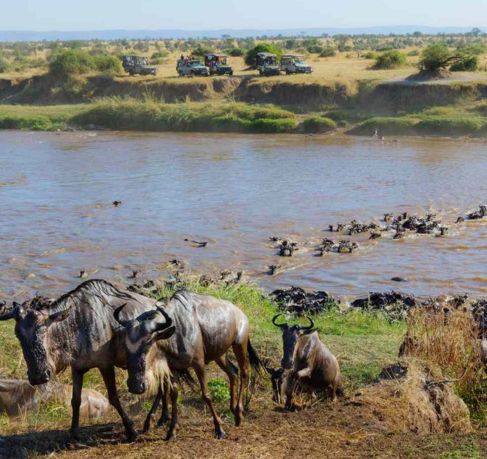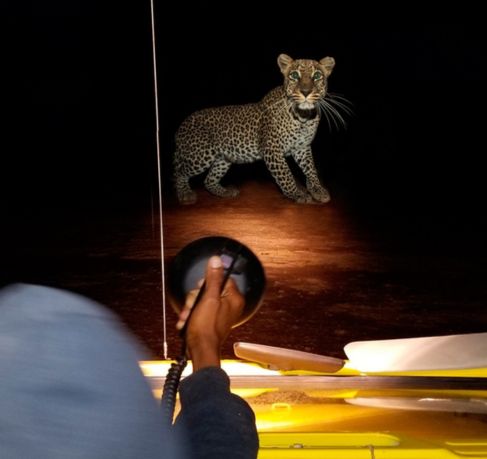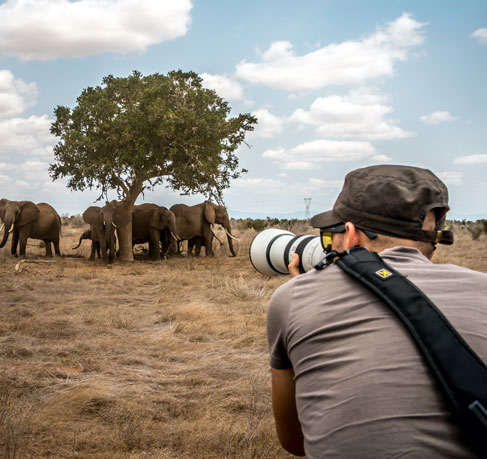Climbing Kilimanjaro is not just an adventure; it's a collaborative effort with an entire team working behind the scenes to ensure a safe and successful ascent. Among the many considerations for climbers, tipping is a significant aspect that recognizes the hard work and dedication of the Kilimanjaro Crew. Tipping is a customary tradition when trekking on Mount Kilimanjaro and is an expected practice. While some might be new to this custom, especially if they come from regions where tipping isn’t common, it’s important to understand its significance on the mountain.
Understanding the tipping ceremony and etiquette is essential to expressing gratitude to the unsung heroes of the mountain.
Kilimanjaro Tipping Ceremony:
The Kilimanjaro tipping ceremony is a symbolic gesture of appreciation towards the crew members who contribute to the climbers' journey. It is a tradition deeply rooted in the trekking culture of Kilimanjaro and serves as a tangible acknowledgment of the invaluable support provided by the guides, porters, and other staff.
Why Kilimanjaro Tipping Is So Essential?
For fairly paying the Kilimanjaro crew tipping is an essential and customary way that has been practiced for ages. This is essential at it recognises their hard work and supports them and their family financially. This has become a universal custom.
It is essential to understand that the lower the costs of a climb, the higher the probability that a cheap tour operator may not be adhering to proper treatment standards. This leads to porter exploitation. We at Maape Tanzania Safaris however follow the strict guidelines set by KPAP regarding fair porter wages and treatment.
Guides And Porters Earn More Money
Did you know that as per the Tanzanian tax legislation, tipping is tax free? This implies that Tipping On Kilimanjaro eliminates the need for porters and guides to register as tax payers. In turn they take home more of a wage.
Incentive To Work Hard
Although tipping Kilimanjaro guides and porters is not compulsory it gives them an incentive to work hard.
Is It Compulsory To Tip On Mount Kilimanjaro?
No it is not compulsory to tip the crew members while Climbing Mount Kilimanjaro, however it is deeply ingrained in the culture and highly expected.
- As per KPAP each porter should receive at least 32,000 TSH per day (approx. $14) from wages and tips.
- Also the KPAP registered companies have to pay their porters at least 20,000 TSH per day ($9 – which is considered a good basic wage, but not a good living wage) and state that the clients should make up the extra 12,000 TSH ($5) per day in tips.
- In case you feel you have not been provided with great services you are not obliged to tip as well.
Tip According To The Service You Received
The amount you tip brings smiles and motivates the mountain crew to work hard to earn more bonuses. But if you’re unhappy with their services, tip less than the suggested amount. But if you received exceptional service, you should tip more than the mentioned amount. Please note that over-tipping is suitable but not advisable, as it may lead to crew starting depending upon tipping money. The best Kilimanjaro Tipping Advice is to tip the amount based on their job, whether they have delivered a good service or not.
Finally Every porter, cook, and guide plays a crucial role in Climbing Mount Kilimanjaro. Imagine a trek without these people; we think it’s not achievable. So, their continuous support throughout the journey must be appreciated. Tipping On Kilimanjaro also acts as a social reform as your small contribution makes a big difference in a porter’s life.
Follow our Kilimanjaro Tipping Guide to show gratitude by paying a small tipping amount to the Kilimanjaro Mountain Crew.

